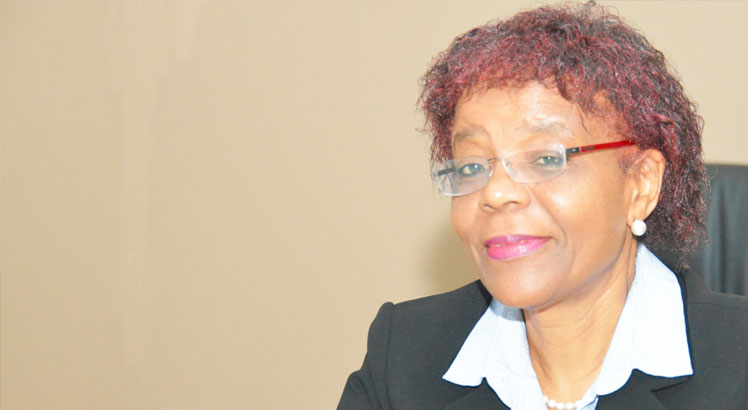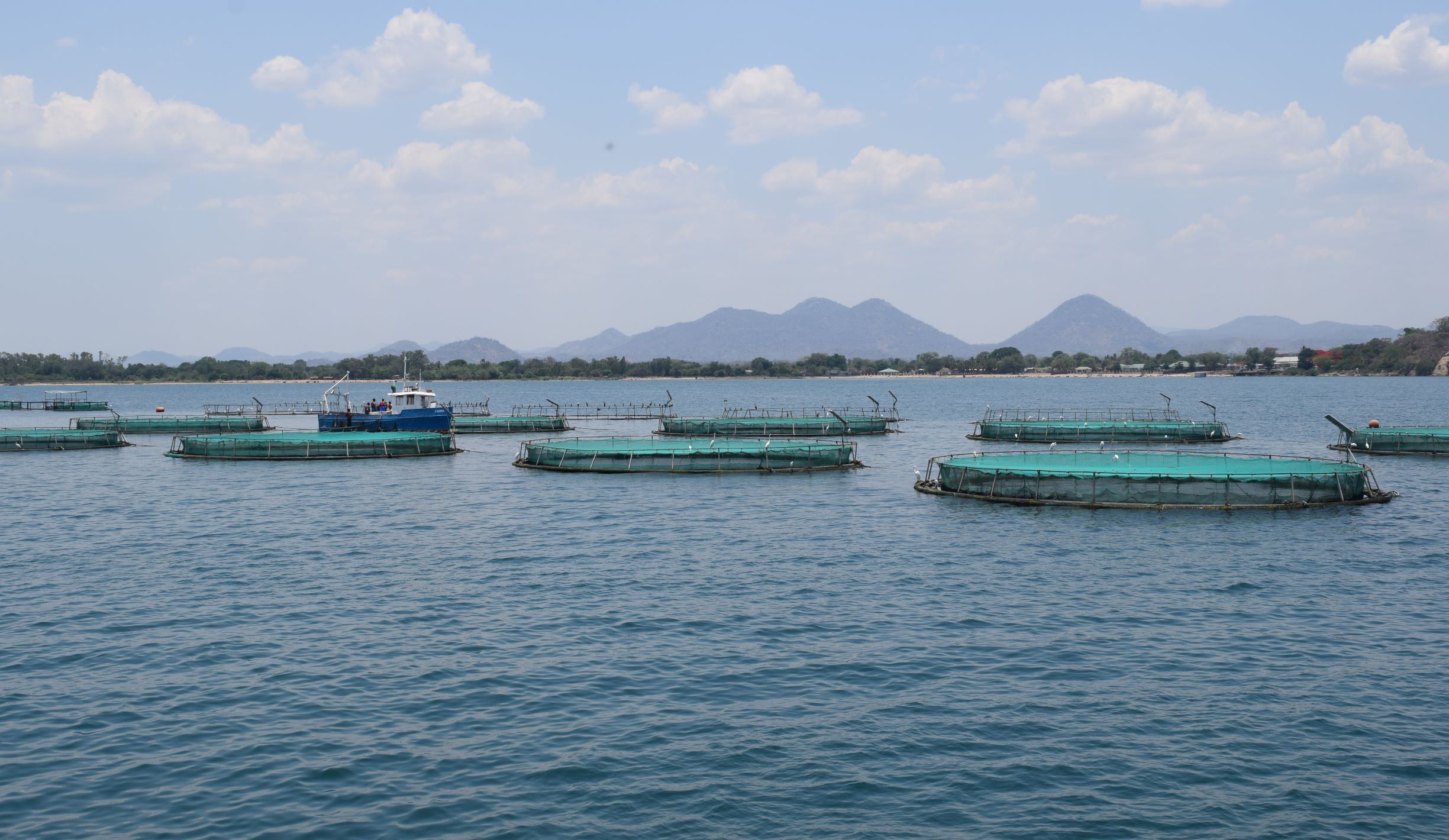Government dared on health spending
Malawi Government has been challenged to explore ways to increase public spending on health to achieve targets of maternal and child health services which are below the recommended threshold.
Speaking during a breakfast interaction with members of the Blantyre Press Club in Blantyre yesterday, Health and Rights Education Programme (HREP) Malawi executive director Maziko Matemba said at two percent of the gross domestic product (GDP), spending on health is below the recommended five percent of GDP declared by the Political Declaration for the United Nations High-Level Meeting on Universal Health Coverage in September 2019.
He said: “According to data from the 2018 World Health Report, government spending on health of more than five percent of GDP is required to achieve a conservative target of 90 percent coverage of maternal and child health services.
“A range of studies projecting the financial resource requirements to achieve universal health systems using detailed health service cost data and modelling techniques indicate that public health expenditure should be equivalent TO six to seven percent of GDP.”
A HREP analysis shows that while budget allocations have been on the increase, rising from K196 billion in 2018/19 to K321 billion in 2023/24, health sector spending needs have also been on the rise, from K600 billion to K1.6 trillion during the review period.
Meanwhile, budget allocations channelLed to sexual and reproductive health (SRH) have improved from K200 million in 2021/22 financial year to K475 million in 2022/23 financial year.
For the 2023/24 financial year, the SRH budget line has been allocated K570 million, a 20 percent increase from the previous year’s allocation.
Matemba said: “It is important to note that the overall increase in the SRH budget line indicates a positive trend towards prioritising SRH in the health sector. However, SRH accounts for 0.18 percent of the entire health sector budget, which is the same as the previous year.”
He said family planning financing is predominantly donor dependent, but donor financing towards the same is likely to diminish further considering the fragile world macroeconomic outlook.
Minister of Health Khumbize Kandodo Chiponda is on record to have decried the country’s health financing levels and models, saying Malawi is failing to meet the World Health Organisation (WHO) requirement of $86 (about K89 000) per capita per annum.
She said this at a meeting in Lilongwe where the government engaged private sector stakeholders on how best the country’s health sector financing can be improved.

Currently, Malawi Government allocates nine percent of its annual budget to the health sector against a 15 percent requirement set in the Abuja Declaration which Malawi is a party to.
In recent years, the issue of health financing has been a thorny one with civil society organisations (CSOs) and donors proposing home-grown financing models.
Earlier this year, CSOs in the health sector proposed introduction of a national health fund to be financed by motorists because road accidents negatively impact the health budget.
Malawi’s development partners under the banner of Health Donor Group are also on record as having asked government to increase its budget allocation to achieve Universal Healthcare Coverage.
Donors in the health sector provide 75 percent of Malawi’s total health budget, a situation the donors and other stakeholders have described as not sustainable.
Meanwhile, HREP Malawi in conjunction with PAI and the World Bank Global Financing Facility has launched an award programme for outstanding local best case studies and stories on maternal, child and adolescent health and nutrition.
The award will recognise individuals or organisations that will submit the best published or broadcast case stories. This year’s submission deadline is October 8 2023.





